I don’t normally read the Harvard Business Review. I find it a bit too cool. Trying too hard to coin new words. Over-simplifying complex issues. Over-confidently setting expectations.
Recently, Harvard Business Review sponsored a web-seminar entitled “Big Data: Can You Seize the Opportunity.” Classic HBR. Don’t challenge the premise. Just challenge the audience to sign up.
 But, as covered by Health Data Management, two of the presenters challenged the “big data” framework — criticizing those who defined big data as “magic bullet” technology projects that can be expected to yield big short term returns, and essentially redefining the terminology to conform to their insights about how to gain long term value from analytics. The heretics were Donald Marchand and Joe Peppard, two professors and analytics entrepreneurs from Switzerland and the U.K., respectively. They argued that IT people have to stop thinking about building analytic applications (“design to build”) and, instead, think about developing data for use by non-IT people (“design to use”). They emphasized the unfortunate reality that using data will drudge up problems with the data itself – problems that can’t be miraculously resolved by the big data technology (no matter what the vendor of the big data technology says…).
But, as covered by Health Data Management, two of the presenters challenged the “big data” framework — criticizing those who defined big data as “magic bullet” technology projects that can be expected to yield big short term returns, and essentially redefining the terminology to conform to their insights about how to gain long term value from analytics. The heretics were Donald Marchand and Joe Peppard, two professors and analytics entrepreneurs from Switzerland and the U.K., respectively. They argued that IT people have to stop thinking about building analytic applications (“design to build”) and, instead, think about developing data for use by non-IT people (“design to use”). They emphasized the unfortunate reality that using data will drudge up problems with the data itself – problems that can’t be miraculously resolved by the big data technology (no matter what the vendor of the big data technology says…).
Marchand and Peppard acknowledged that long-standing conflict between the “c-suite” and IT leaders can present obstacles to enterprise information management. They pointed out that getting value from analytics requires engaging lots of non-IT people in a long-term process that involves cultural change. People have to get used to the idea of using data to support decisions, rather than just to make the case for already-made decisions. IT people can provide some tools, but the non-IT people need to develop new skills and competencies in order to harvest the value of big data projects.
I can’t argue with any of that. All of that was true before the words “big data” were uttered. Much of that is quite different than what the proponents of big data are talking about — break-though technology with magical properties that can overcome data problems and shower untrained decision-makers with insights and instant return-on-investment. But, I really like the idea of capturing the undeniable market momentum of the term “big data” and redirecting that momentum back toward the less glamorous, but ultimately far more valuable journey toward developing useful data and learning how to use it to support evidence-based decision-making.

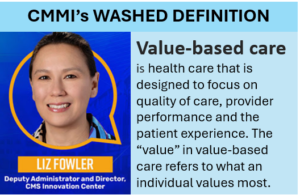
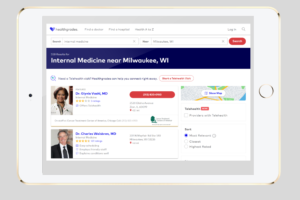

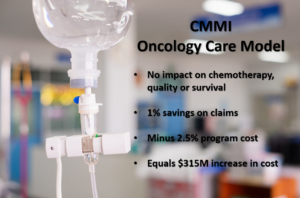

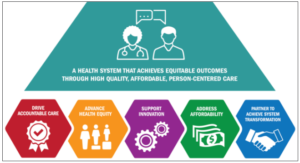




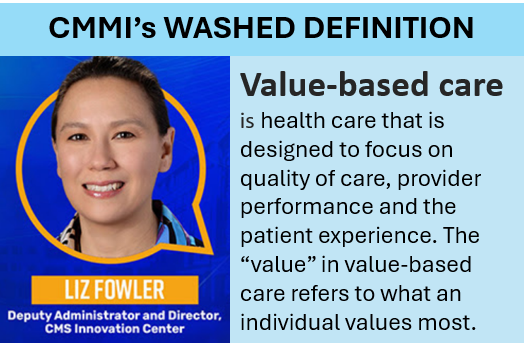
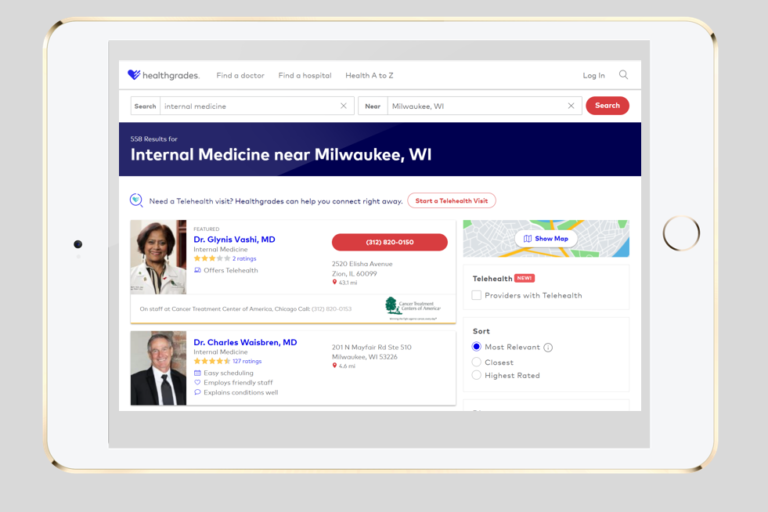

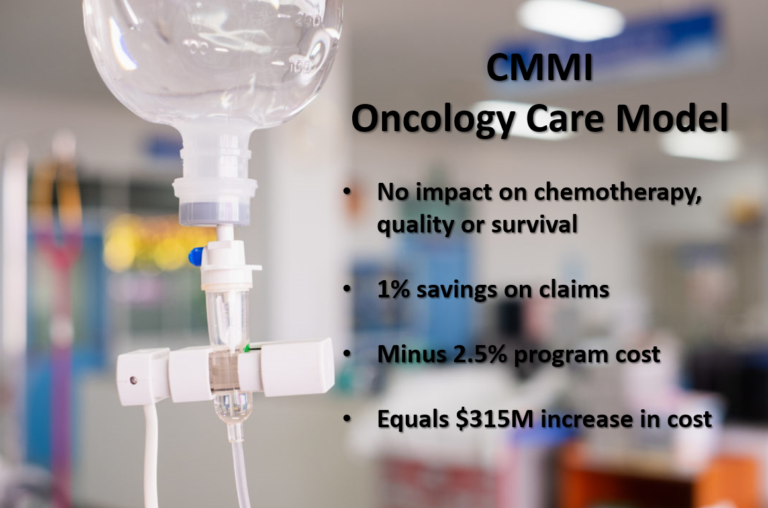

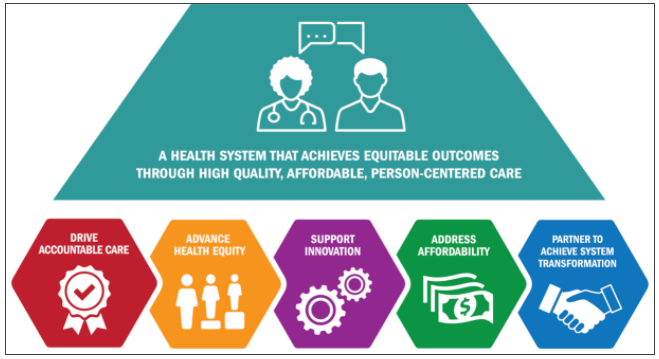
1 thought on “Big Data: A break-through, or just new terminology?”
Pingback: Reward Health Sciences | How government surveillance of internet data relates to health care privacy and big data